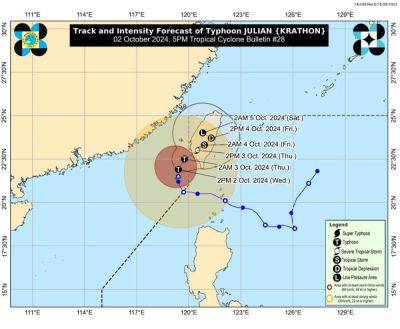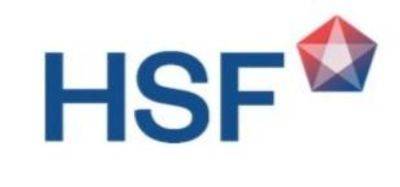Euroviews. European integration is at a crossroads. Why is the EU struggling to define its future?
The phrase, "Europe will be forged in crises and will be the sum of the solutions adopted for these crises," is nothing less than a dogma in Brussels.
In fact, the maxim of Jean Monnet, one of the European Union’s founding fathers, seems to be confirmed with each crisis. But can this dogma be in crisis as well?
A key ingredient in advancing European integration beyond adversities is what I would call a "minimum European consensus" in the sense that the 27 member states pursue a shared destiny and common goals.
Currently, this consensus seems to be in decline, with negative implications for the definition of a long-term strategic orientation for the EU and for taking on the radical changes that the recent Draghi report also advocates for.
While European integration progressed in recent years because of COVID-19 and Russia’s war against Ukraine, the idea that it would continue to advance inevitably is fading away.
The notion of "more Europe" continues to be contested today, especially by the arch going from the conservative right to the radical far right, but also in the European far left.
Although many in Brussels argue that the way ahead to face future challenges is more integration, it is unclear whether this view is shared in European capitals.
In fact, if many of the crises experienced in recent years strengthened the EU's role on some policies (eg public health, joint debt issuance, energy, and sanctions), they also gave more weight to national governments and administrations in other areas (migration, internal security, border control, functioning of the internal market, and defence).
As the inevitability of European integration is challenged and the so-called "minimum European consensus" on what to do together wanes, it is not yet clear what might emerge to reverse these dynamics.
Currently, there are few who would question the importance or even the existence of the EU. The Brexit vaccine helped. What is emerging, especially in the hard right, is a push to change the EU from within.
This idea of change coincides with another: the need for EU internal reforms because of the enlargement process. The dilemma lies in this: the changes that some want






